Publications
Articles, publications, books, tools and multimedia features from the U.S. Institute of Peace provide the latest news, analysis, research findings, practitioner guides and reports, all related to the conflict zones and issues that are at the center of the Institute’s work to prevent and reduce violent conflict.
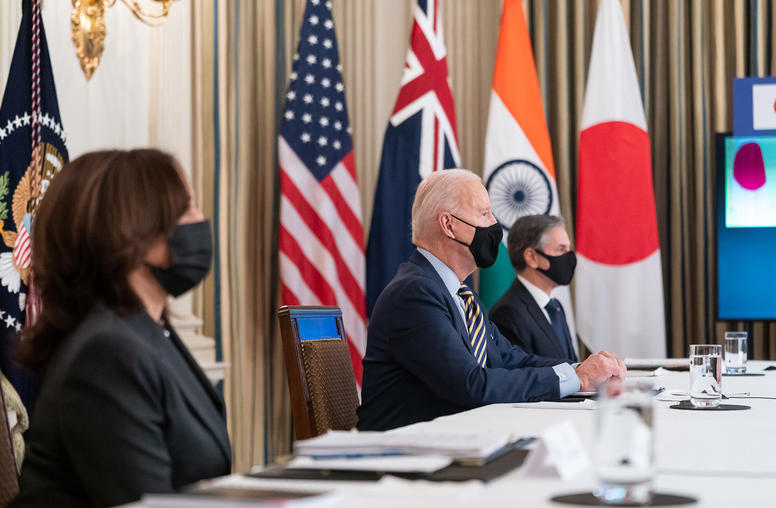
Addressing the ‘Global Challenge’ Posed by China
The United States must ensure that its focus on the Indo-Pacific region does not come at the cost of its interests in other parts of the world where China also poses a challenge, according to U.S. National Security Council Coordinator for the Indo-Pacific Kurt Campbell.
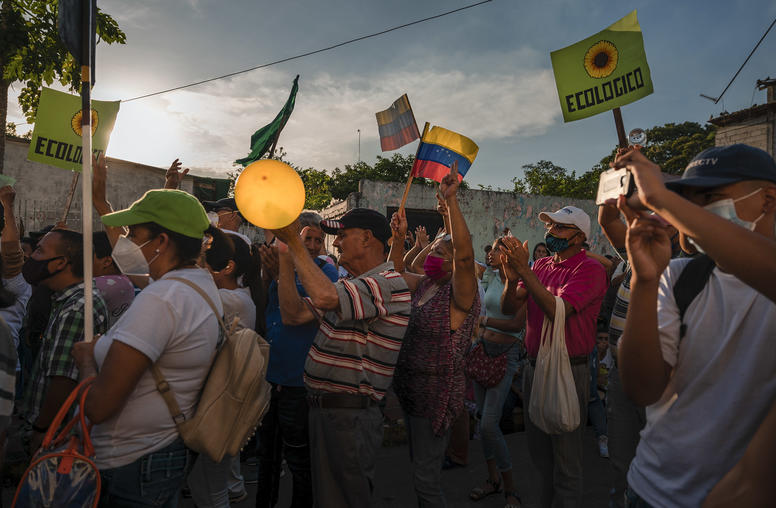
Many Venezuelans Choose a Flawed Election Over No Election
Venezuelans elected governors, mayors and local officials November 21 in a vote condemned by many as stacked hopelessly against the opposition or simply fraudulent. An increased turnout over elections last year appears to reflect many Venezuelans’ growing belief that they have gained little with voting boycotts. They believe participation in even a flawed election advances the concept of “re-institutionalization,” which aims to progressively reform the machinery of democracy after years in which it has been undermined by the ruling party. Advocates of this strategy say that restoring democracy must be a long game of incremental advances.
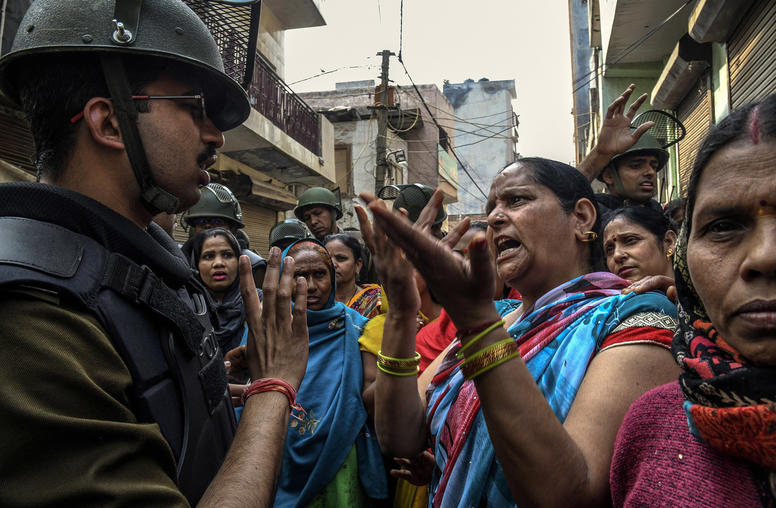
Unrealized Ideal: 40 Years After a Seminal Declaration on Religious Freedom
Anniversaries serve as natural inflection points, opportunities for introspection, to take stock and to consider where to go next. November 25 marked the 40th anniversary of the 1981 U.N. Declaration on the Elimination of All Forms of Intolerance and of Discrimination Based on Religion or Belief. Despite its unwieldy name, the aim was simple: to promote freedom of religion or belief and condemn discrimination based on faith. The 1981 Declaration was a culmination of almost four decades of U.N. efforts to develop international legal protections for freedom of belief to defend minorities from persecution. Forty years later, however, almost two-thirds of humanity live in countries with restrictions on the practice of faith.
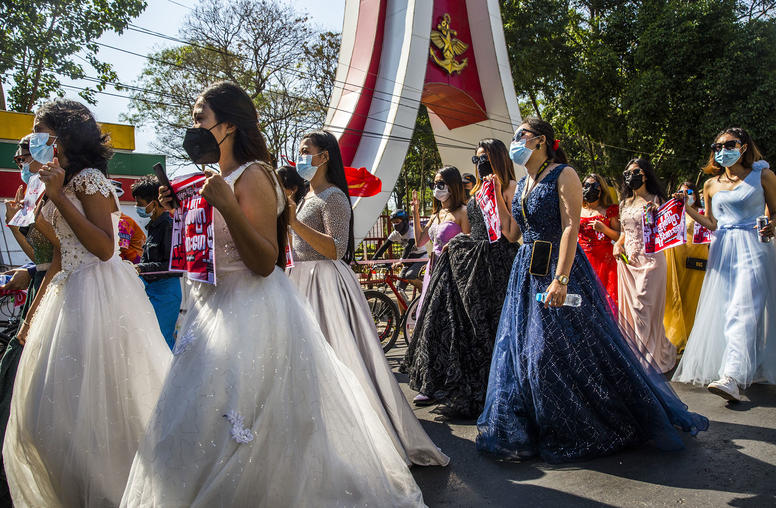
Myanmar’s Ongoing War Against Women
When the United Nations began its annual campaign to end violence against women 30 years ago, no one had Myanmar on their radar. But in recent years, Myanmar’s military has escalated its use of sexual and gender-based violence to terrorize women and girls — most infamously against ethnic minorities, notably the Rohingya. Confronted by these atrocities, the international community has issued widespread demands for accountability and justice that have yet to come to fruition.
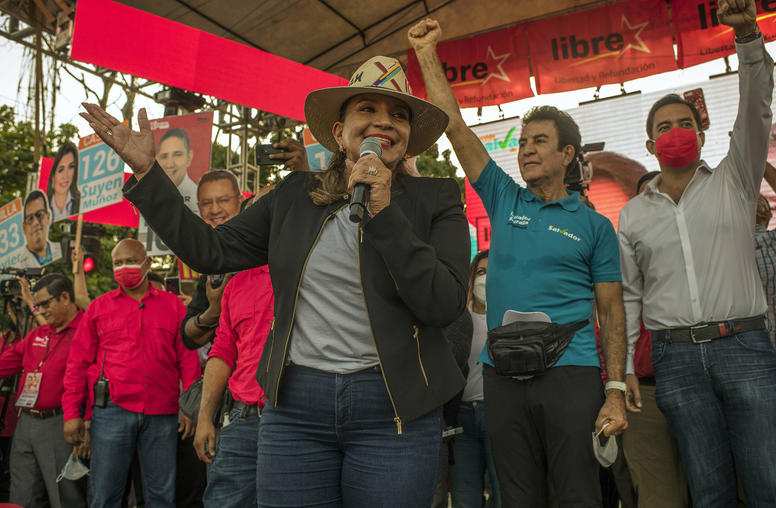
Amid Democratic Disillusionment, Can Honduras’ Historic Election Bring Change?
Hondurans made history on November 28, electing leftist Xiomara Castro as the country’s first woman president. In a country plagued by political instability and polarization, Hondurans also demonstrated how presidential power should be transferred in a democracy as Castro graciously received her conservative opponent, who then issued a statement calling for “reconciliation and unity.” .

Ante desilusión frente a la democracia ¿Pueden las históricas elecciones de Honduras traer el cambio?
Los hondureños hicieron historia el 28 de noviembre al elegir a la líder de izquierda Xiomara Castro como la primera presidenta en la historia del país. En un país plagado por inestabilidad política y polarización, los hondureños también demostraron cómo se debe transferir el poder presidencial en una democracia al recibir Castro gentilmente a su oponente conservador, quien luego emitió un comunicado pidiendo "reconciliación y unidad".
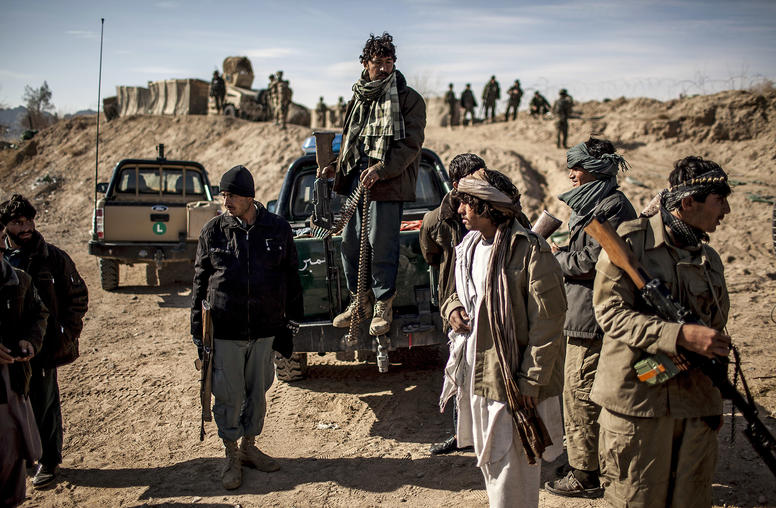
What Afghanistan Teaches Us About Evidence-Based Policy
Even as the debate over the lessons learned by the U.S. government in Afghanistan continues, several clear conclusions have emerged. One is that U.S. agencies repeatedly underestimated the time and resources needed to support a nation wracked by decades of war, while they failed to follow a consistent plan for civilian recovery efforts. U.S. personnel also lacked the training needed to be successful in the field, and monitoring and evaluation efforts did not receive the policy attention required to enable course corrections and learning.
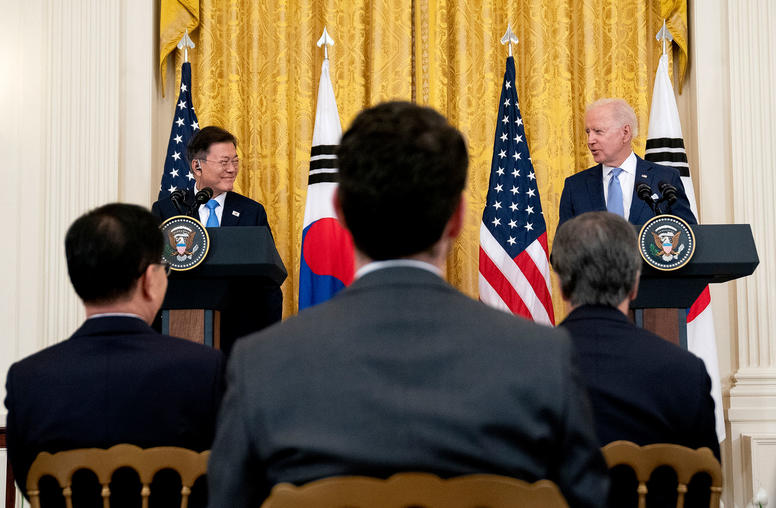
Is an End-of-War Declaration for the Korean Peninsula a Risk Worth Taking?
As efforts to resume nuclear negotiations with Pyongyang go nowhere, the concept of an end-of-war declaration for the Korean Peninsula has become a polarizing topic in both Washington and Seoul. USIP’s Frank Aum explains how it could serve Washington and Seoul’s interests, how such a declaration could advance the peace process between North and South Korea, what risks it could pose and how the U.S. Congress could play a role in shaping such a declaration.
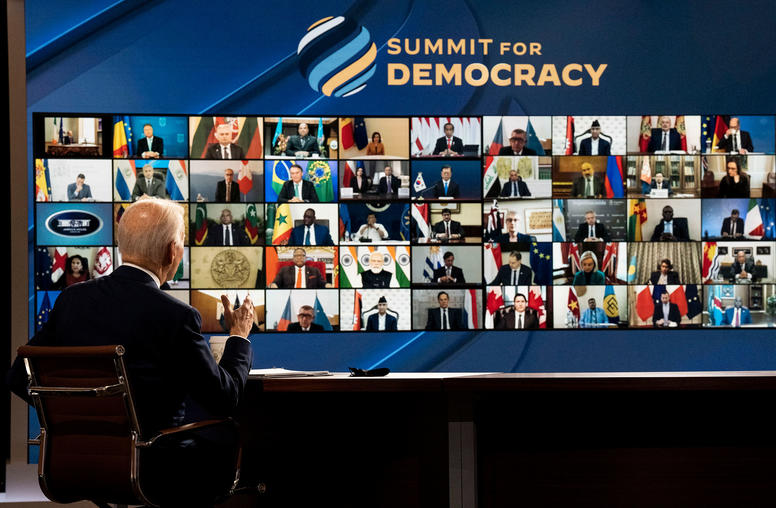
A Global Democratic Resurgence is the Best Path Toward Peace
The longstanding global decline in democratic governance has now reached its 15th consecutive year, with the number of liberal democracies falling from 41 to just 32 in the last decade alone. Consequently, authoritarian tendencies have crept into the spaces once held by democratic institutions, with increased government repression and exclusion fueling further instability and conflict.
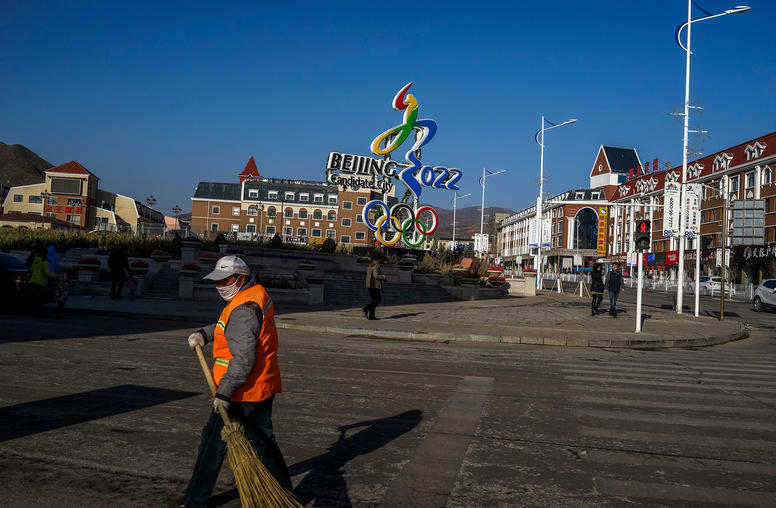
U.S. Diplomatic Boycott of Beijing Olympics: No Longer 'Business as Usual'
On Monday the Biden administration announced it would not send an official United States delegation to the Beijing Winter Olympic Games as a statement against China's "ongoing genocide and crimes against humanity in Xinjiang," as well as other human rights abuses such as in Hong Kong. U.S. athletes will still be allowed to compete in the Games, which start in February. USIP’s Lauren Baillie, Mirna Galic and Rachel Vandenbrink discuss the rationale behind the decision, how the boycott fits into the U.S. strategy surrounding the Uyghur crisis and how China and U.S. allies are responding.